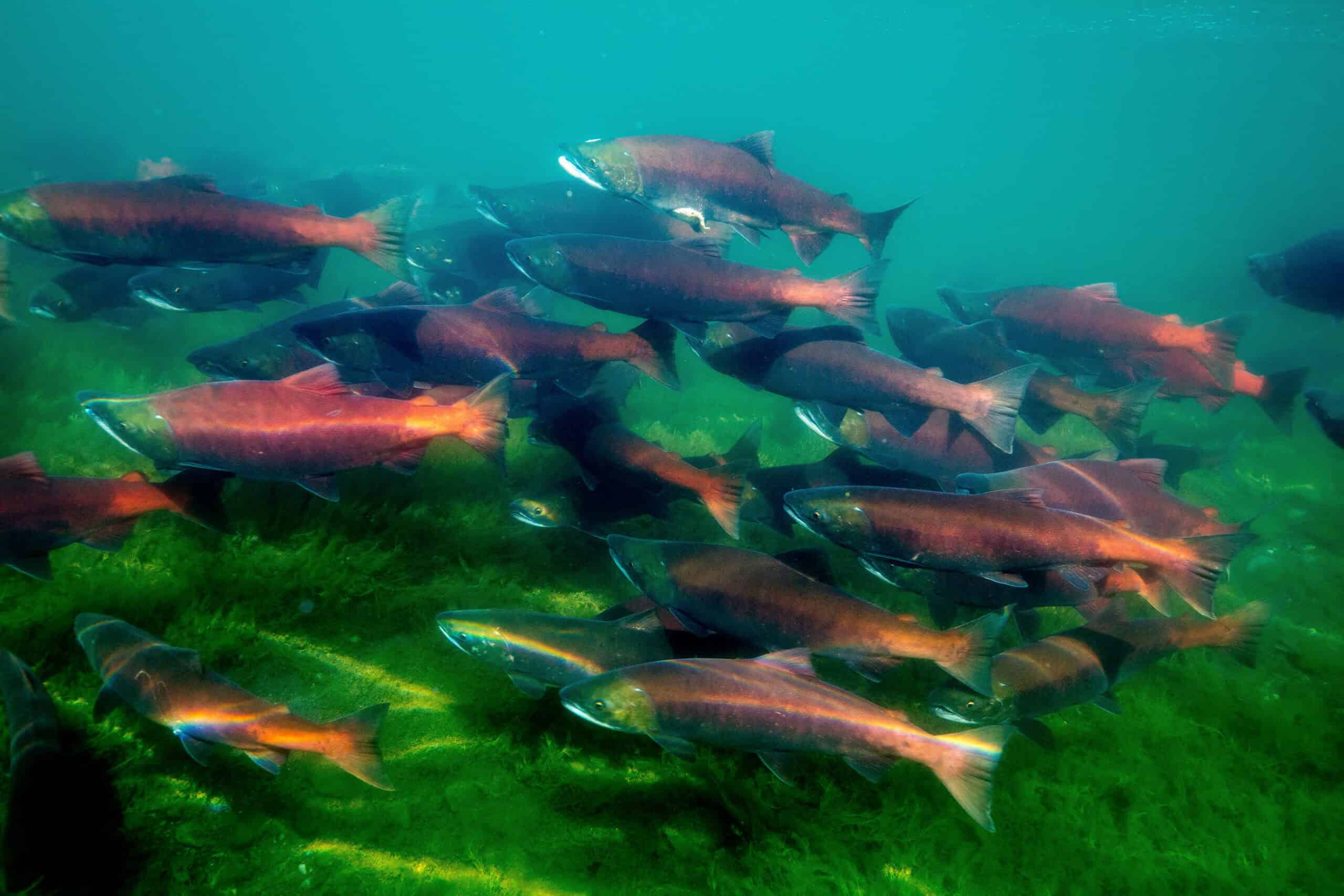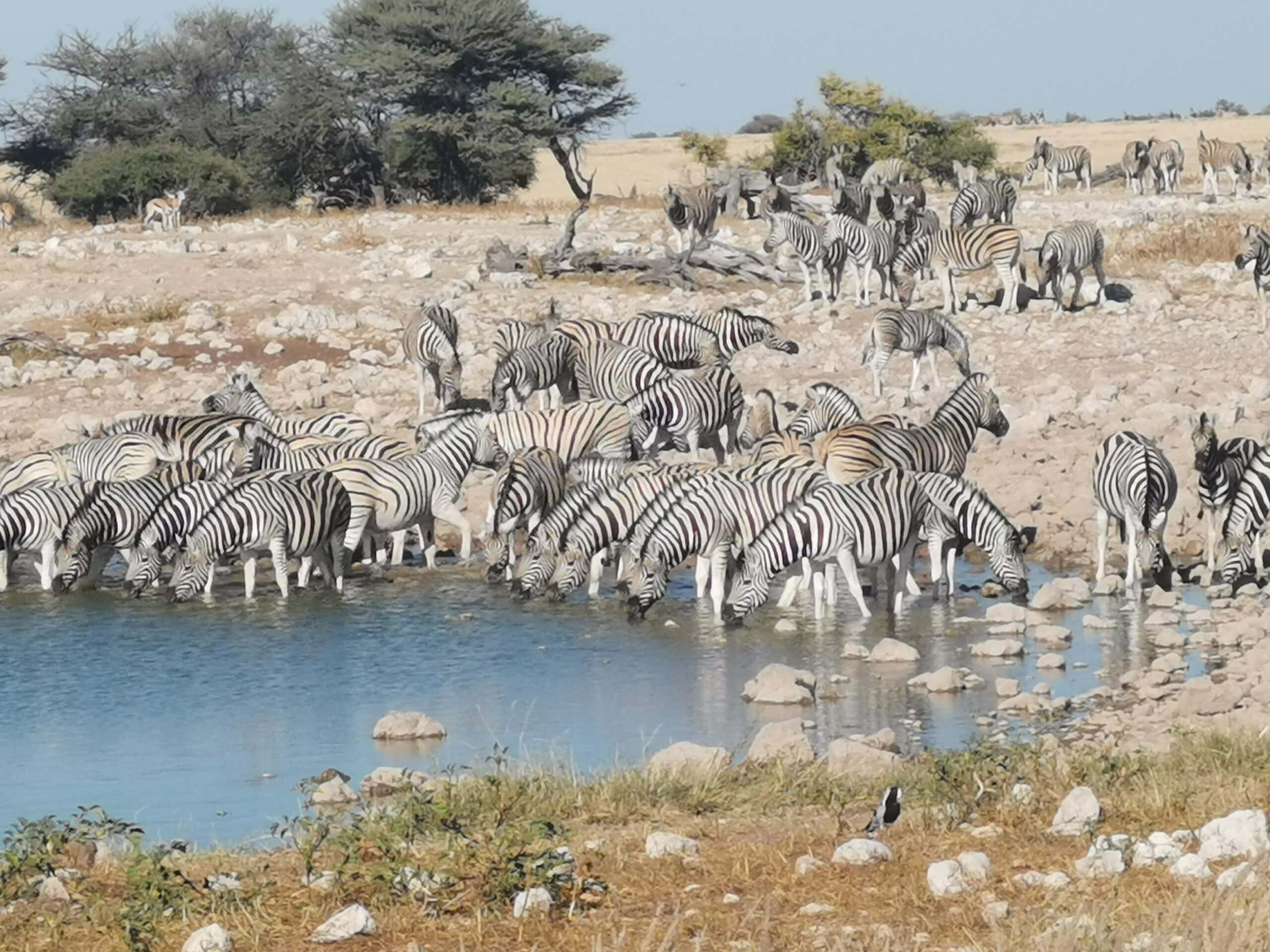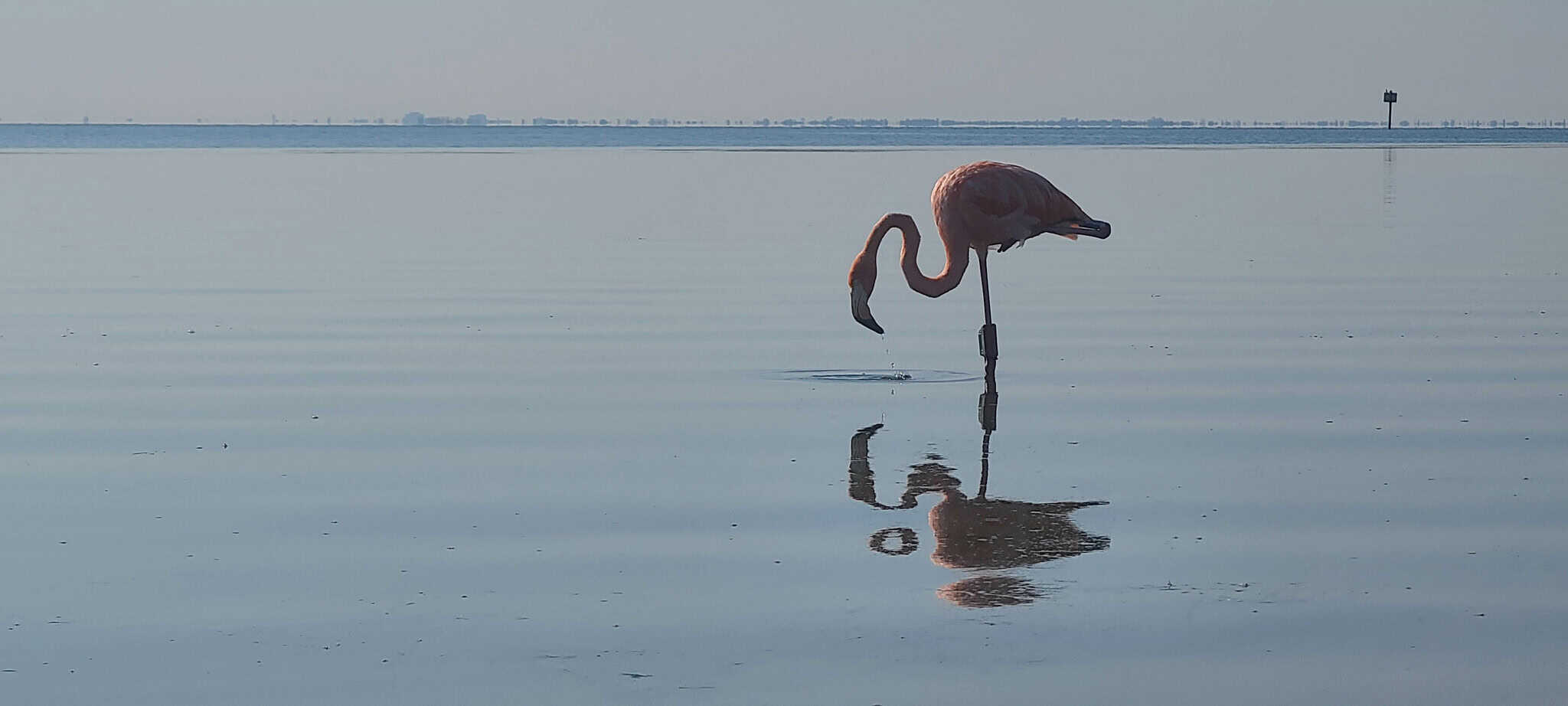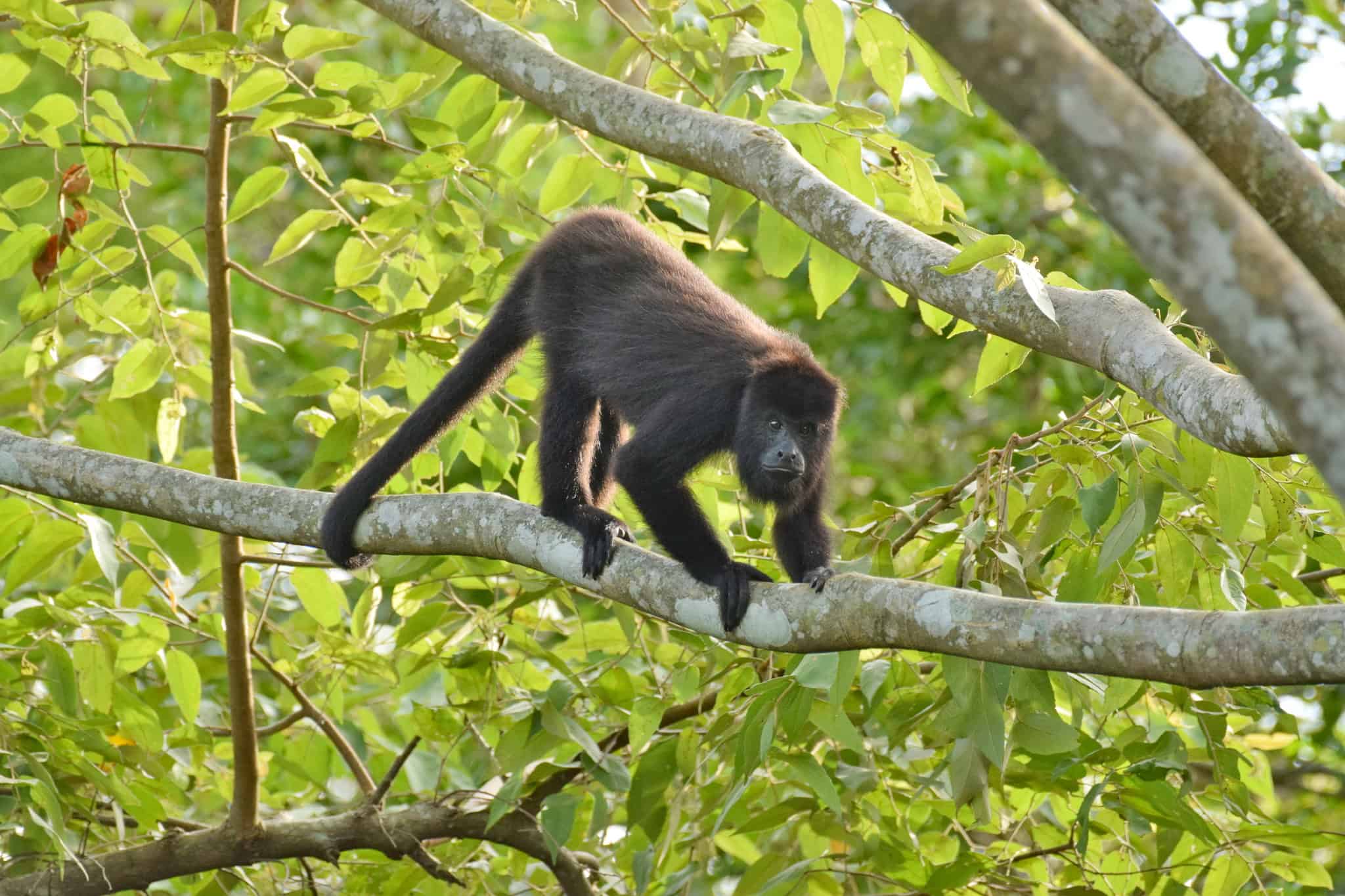Share this article
Salmon expand range into warming Arctic
Once rare in the region, the fish are becoming increasingly common
Warming ocean temperatures are increasing Pacific salmon abundance in the Canadian Arctic. Researchers say the growing number is an indicator that climate change is creating new corridors for the fish to expand their range.
Salmon haven’t historically been seen in large numbers in the Arctic, but incidental catches by subsistence fishermen have occasionally surged in recent years. Researchers working with communities in the western Canadian Arctic connected those booms with of warm, ice-free conditions in the Arctic Ocean north of Alaska.
The study, published in Global Change Biology, identified a two-part mechanism tied to the presence of salmon in the Canadian Arctic. Warm late-spring conditions in the Chukchi Sea, northwest of Alaska, drew salmon into the Arctic. When those warm conditions persisted in the summertime Beaufort Sea, northeast of Alaska, salmon could continue to Canada.
“You need both gates to be open, which is fascinating in itself,” said Curry Cunningham, an associate professor at the University of Alaska Fairbanks’ College of Fisheries and Ocean Sciences. “If they don’t align in terms of having open, ice-free water, salmon don’t turn that corner.”
Frankie Dillon, an Indigenous fisherman who helps conduct fish surveys for Fisheries and Oceans Canada, remembered seeing his first salmon in about 2010 on the Big Fish River in the northern Yukon. “I had to ask, ‘What kind of fish was that?’” Dillon said. “It’s the first time I’d seen it in my life. I’d only seen them on TV before.”
Salmon sightings have become more frequent in the years since then, and climate models predict the conditions that allow salmon to migrate through the Chukchi and Beaufort seas will become common as early as the 2040s.
Header Image: Sockeye salmon (Oncorhynchus nerka), seen here in Alaska’s Kenai Peninsula, are becoming increasingly common in the Canadian Arctic. Credit: Ryan Hagerty/USFWS








